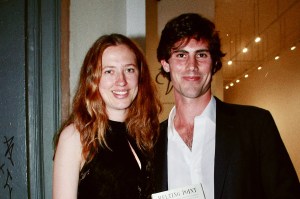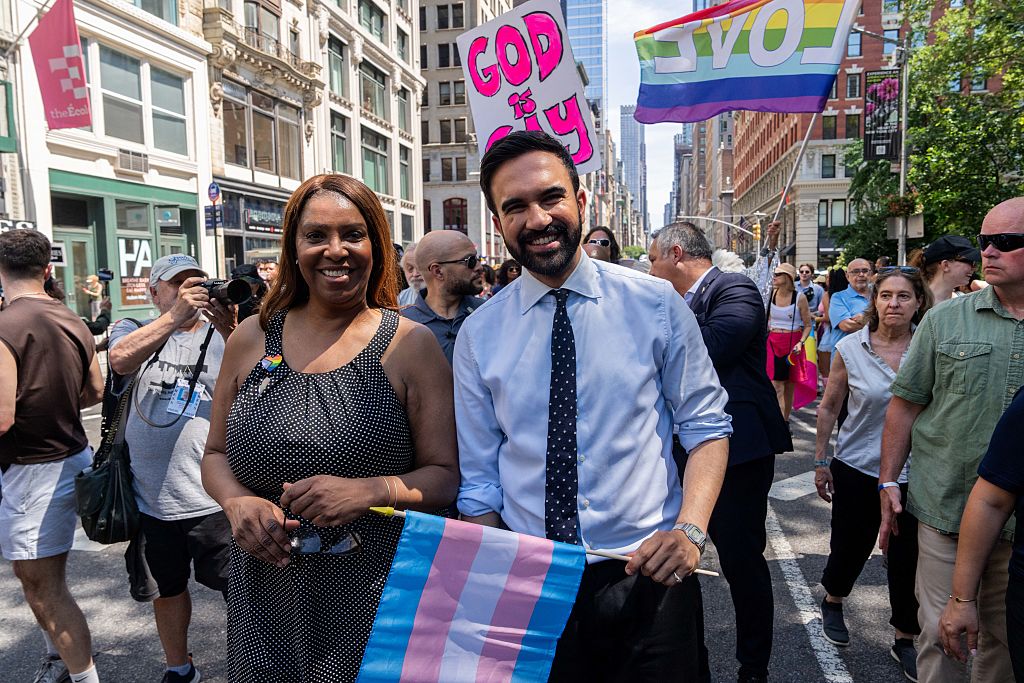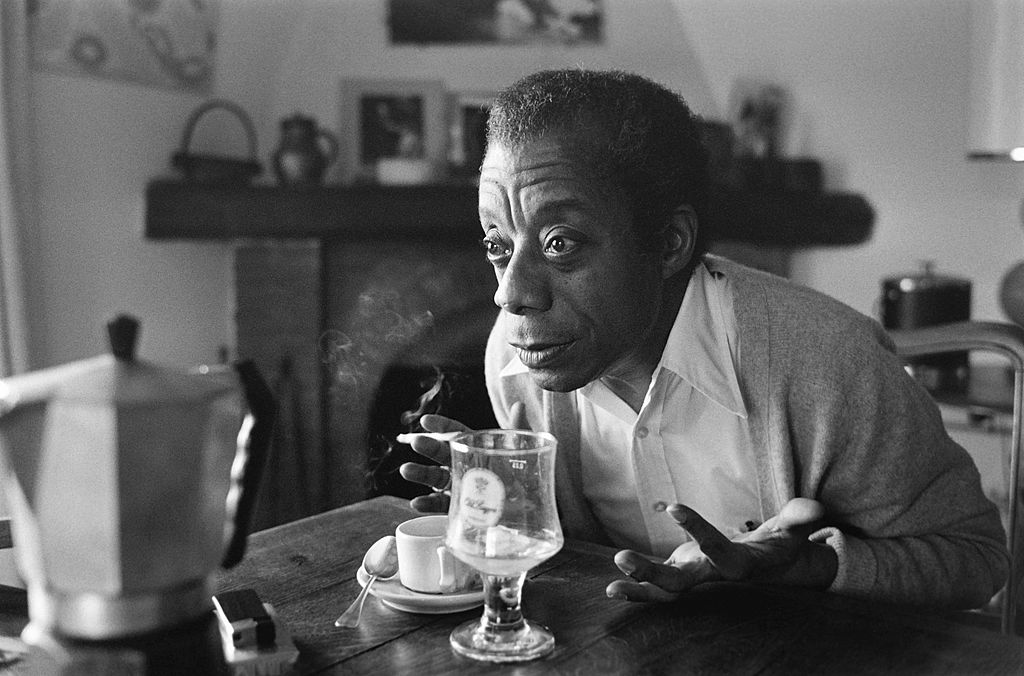If you’ve ever smugly pulled out your cellphone to record a confrontation with a stranger, hoping to publicly humiliate that person and even destroy their life, you’re probably a Karen of the worst ilk. Likewise, if approached by an insufferable busybody who lives to scold people minding their own business, and your first reaction is to call the police, you’re also a Karen. Manhattan is filled with Karens, the meme that once referred to the ‘can I speak to the manager’ lady with stacked hair and chunky highlights that evolved into a way to call out any very annoying person who loves rules and tattling.
It is high Karen season across the country. The coronavirus pandemic has been their time to shine as petty authoritarians feel emboldened to enforce their government’s frivolous rules about masks and social distancing. Not wearing a panty-liner over your face while out for a stroll, you must want people to die, according to the Karen.
But it’s never really about the rules. Karenism is a spiritual malady and New York is such prime Karen territory perhaps because it’s a place that reminds people every day of their own insignificance. Plenty of people feel compelled to assert themselves in the most asinine circumstances to fight that nagging suspicion they actually don’t matter. Finger wagging at a litterbug or fake coughing as you pass by someone enjoying a cigarette is how the Karens reassure themselves that they are, in fact, here and alive in a world that exists only to disappoint.
It was only a matter of time before an unstoppable Karen collided with an immovable Karen and set the internet on fire. Last weekend in Central Park, a man who claims to be a birdwatcher confronted a woman about putting her dog on a leash. The scene is a now a viral hit. The birdwatcher, in a post on Facebook, described what happened before the camera started rolling. When the woman refused to leash her dog, he says to her ‘Look, if you’re going to do what you want, I’m going to do what I want, but you’re not going to like it’. He then says that he calls her dog over with treats he removed from his pocket.
Oh, when Karens take a walk with their dogs off leash in the famous Bramble in NY’s Central Park, where it is clearly posted on signs that dogs MUST be leashed at all times, and someone like my brother (an avid birder) politely asks her to put her dog on the leash. pic.twitter.com/3YnzuATsDm
— Melody Cooper (@melodyMcooper) May 25, 2020
‘I pull out the dog treats I carry for just such intransigence’, the birdwatcher says in the post. The camera then rolls and the erratic, trembling woman, with her dog now leashed and appearing to gasp for air as she twists the poor beast around, says twice she’s calling the police to report she’s being threatened by ‘an African American’. Mobs of left-wing Karens on Twitter doxxed the woman and harassed her employer, Franklin Templeton Investments, which announced Tuesday that she’d been fired. ‘We do not tolerate racism of any kind’, the company wrote on Twitter. The dog-walker was also forced to get rid of her pup, which she adopted only recently.
Following our internal review of the incident in Central Park yesterday, we have made the decision to terminate the employee involved, effective immediately. We do not tolerate racism of any kind at Franklin Templeton.
— Franklin Templeton (@FTI_US) May 26, 2020
This is the worst day of this woman’s life and she will forever be known as the Central Park Racist. The ‘African American’ comment was strange and ugly. No one would have seen the video had she not said it. There appeared to be no logical reason to racialize the incident and yet I can’t be the only one who thinks there’s something far sicker and threatening about a man who wanders the park with dog treats in his pocket in case he witnesses ‘such intransigence’. For all she knew, the man just tried to poison her dog after making a direct threat to do something ‘you’re not going to like’.
News orgs writing about Amy Cooper today MUST include this context which tells what happened before the video started pic.twitter.com/YqFvssWBYj
— Jon Levine (@LevineJonathan) May 26, 2020
I’m going to go out on a limb here and make a wild assumption that, perhaps, the dog-walker isn’t some Klanswoman sleeper agent living covertly in Manhattan. In fact, I’d wager she probably cried for about six days after the 2016 election and wears an ‘I’m still with her’ t-shirt to the gym on Saturdays. In the liberal mind, it is unquestioned orthodoxy that police officers are racist. You could reasonably make the argument the dog-walker, in her frantic, unhinged state, was actually attempting to comment on this deeply held belief that she and the birdwatcher, according to the narrative, both ought to share. In a ghastly manner with very poor delivery, she may have been trying to acknowledge injustice within law enforcement against blacks. ‘If I say he’s black, he and I both know a SWAT team will parachute down in seconds’, she appeared to be saying. ‘Because our country is so racist’.
If that were the case, it’s perfectly in line with the urban, white liberal ethos, which fetishizes black grievance as a construct but is terrified by actual black people.
There are no good guys in this story but there are plenty of villains populating an enduringly gruesome culture of manufactured racial hysteria and moral panic. These creeps, who continue to sneer from the sidelines each time an outrage mob destroys the life of an average person, claim victory when a person is fired in a game only they are playing. And they’ve got it down to a science, knowing very well companies simply don’t want the headache or the headlines.
We’ve learned nothing from Justine Sacco, patient zero for Twitter-scalping. In 2013, during a layover in London, Sacco tweeted ‘Going to Africa. Hope I don’t get Aids. Just kidding. I’m white!’ When she landed hours later and checked her phone, she was the number one trend on Twitter. Her life was completely destroyed. Years later she was able to tell her side of the story — it was a dark humor, drawing attention to racial disparities rather than gloating about them, she said. Sacco’s story captivated the world because it seemed so unfair and undeserved. We didn’t realize at the time that stories like hers would simply become a new form of entertainment.

























